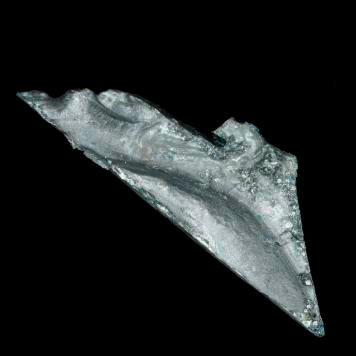◊
◊
◊
◊



| Lu | Z = 71 | ◊ ◊ ◊ ◊ ◊ |
Lutertium | |
| From the Latin "Lutetia", meaning "Paris" | ||||
| (AM) Atomic Mass | 174.967 amu | ♦ | +3 | |
| 3315 °C | ♦ | 1656 °C | ||
| 9.84 g/cm3 | ♦ | Hexagonal | ||
| 1.2 | ♦ | 1.6 Å | ||
| Solid | ♦ | (C) Heat Capacity | 0.154 J/g °C | |
| Electronic-Config | [Xe] 4f14 5d1 6s2 | ♦ | 523.52 kJ/mol | |
| 414 kJ/mol | ♦ | 22 kJ/mol | ||
| 1907 | ♦ | France | ||
| (E°) Standard Potential | Lu3+⇔ Lu (-2.280 V) | |||
| Stable isotopes | 175Lu | |||
| Discovered/Synthesized by | Georges Urbain | |||
| Natural Source | The mineral/ore bastnasite, monazite, loparite | |||
| Common Uses | Cancer-fighting photodynamic (light-activated) medicine | |||
| Other Info | Tarnishes slowly in air and burns at 150 °C to the oxide. | |||
Previous Element |
 |
Next Element |
||
| Back to Table |
Common Properties |
|||
| Home Page |
Definitions |
|||